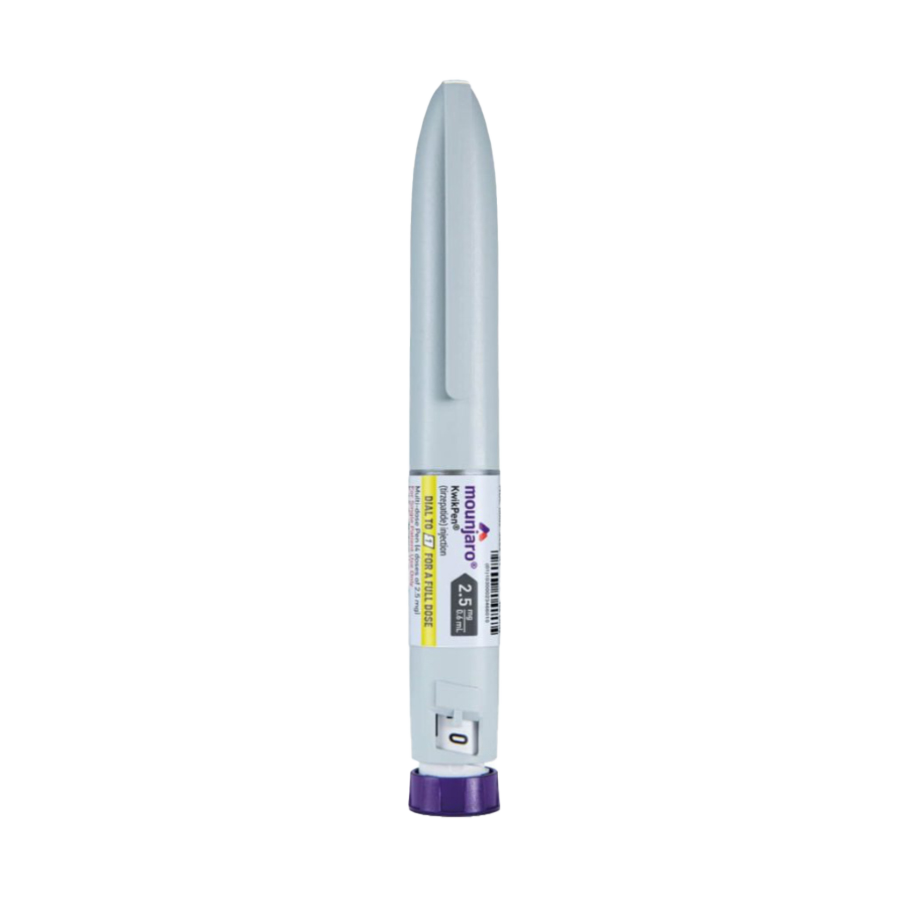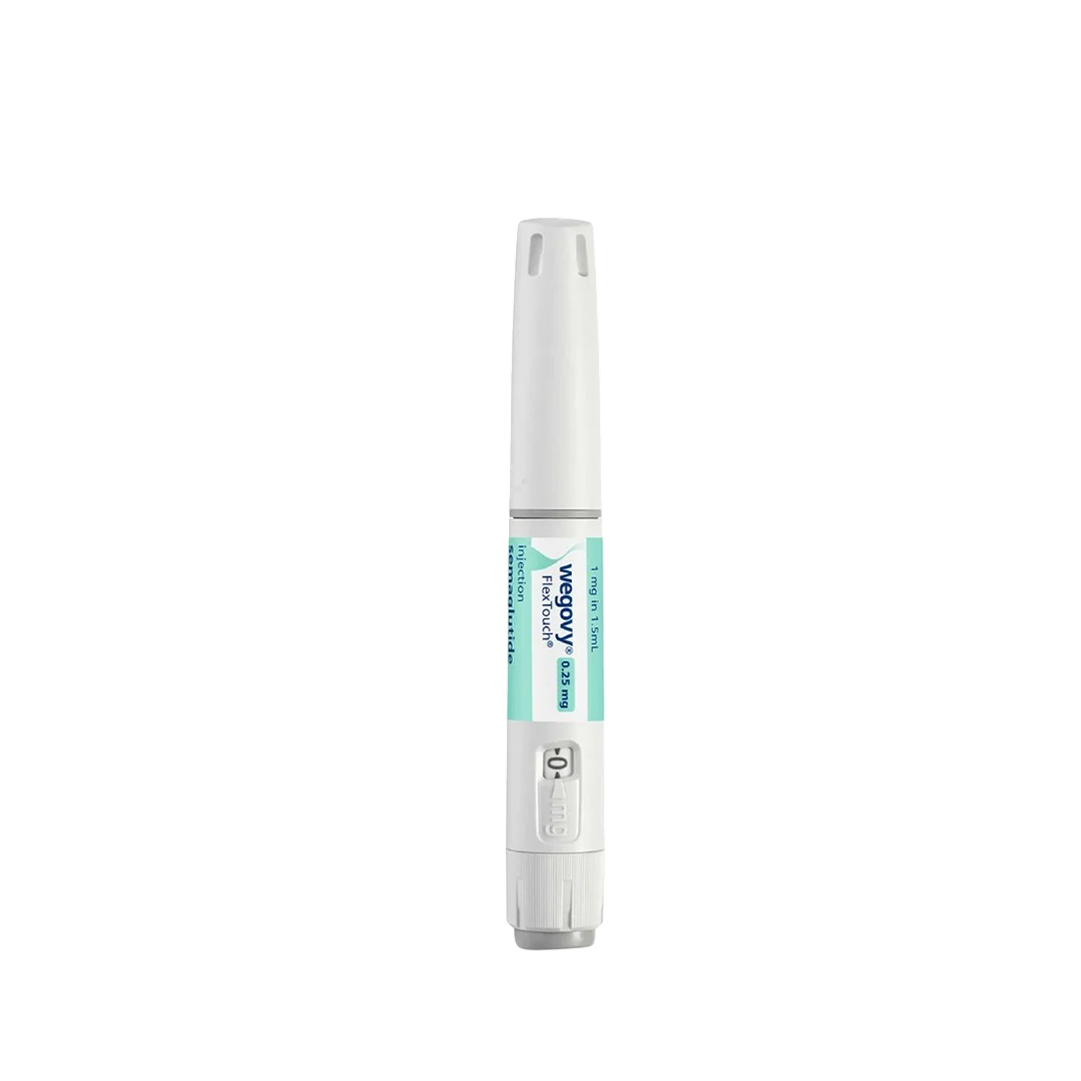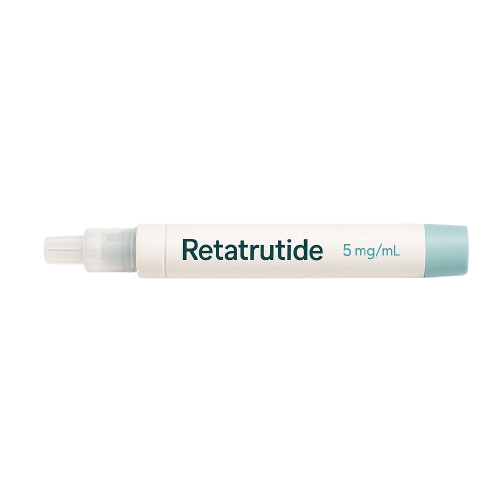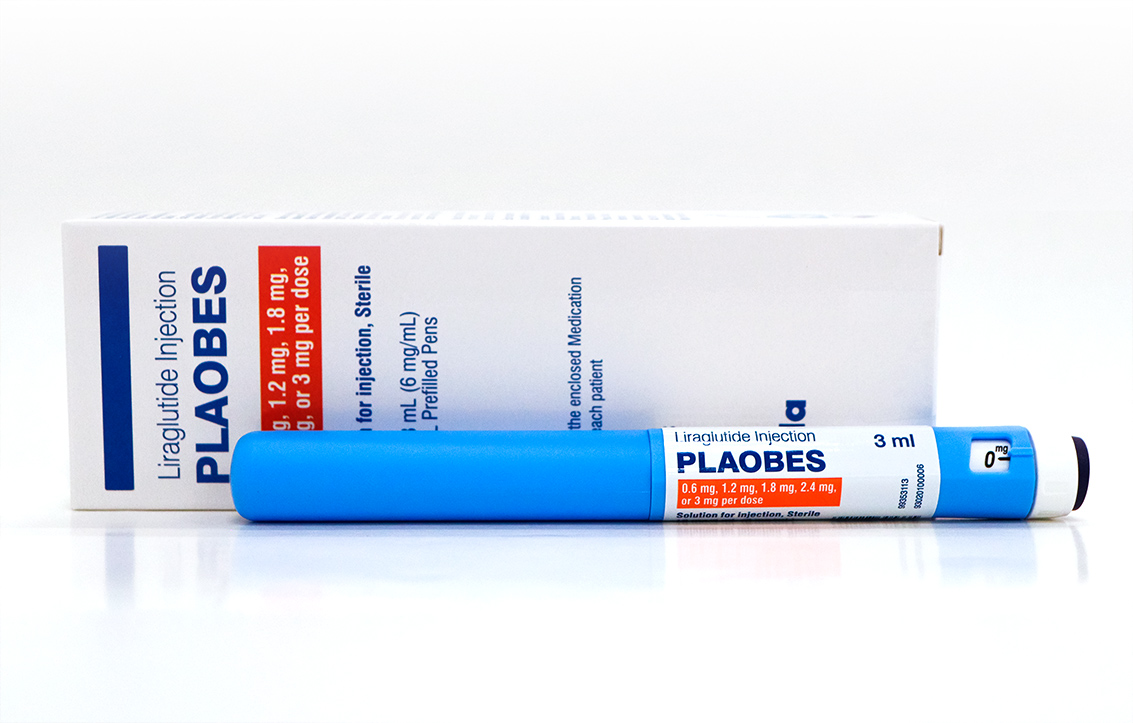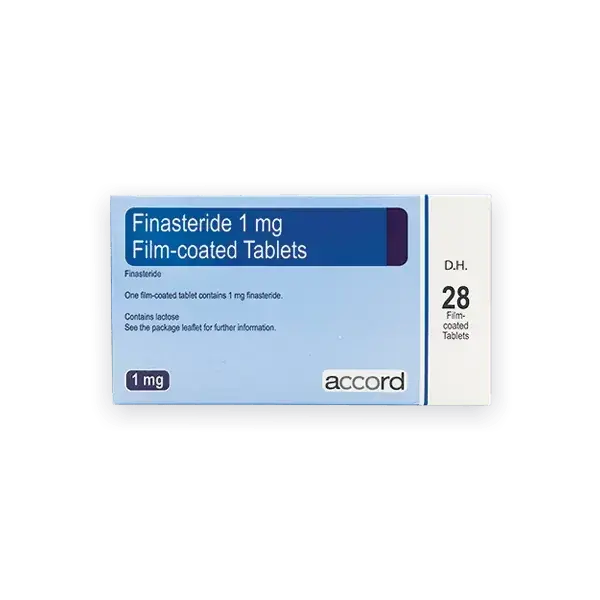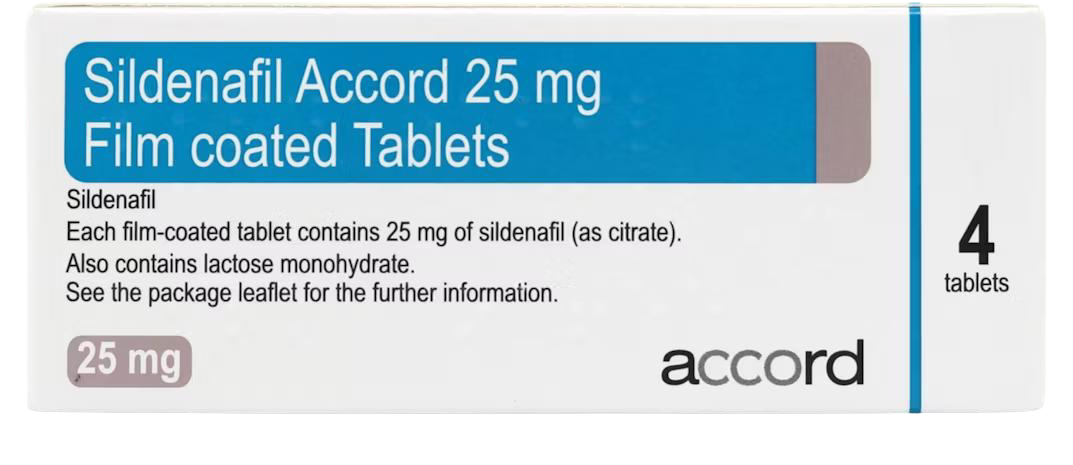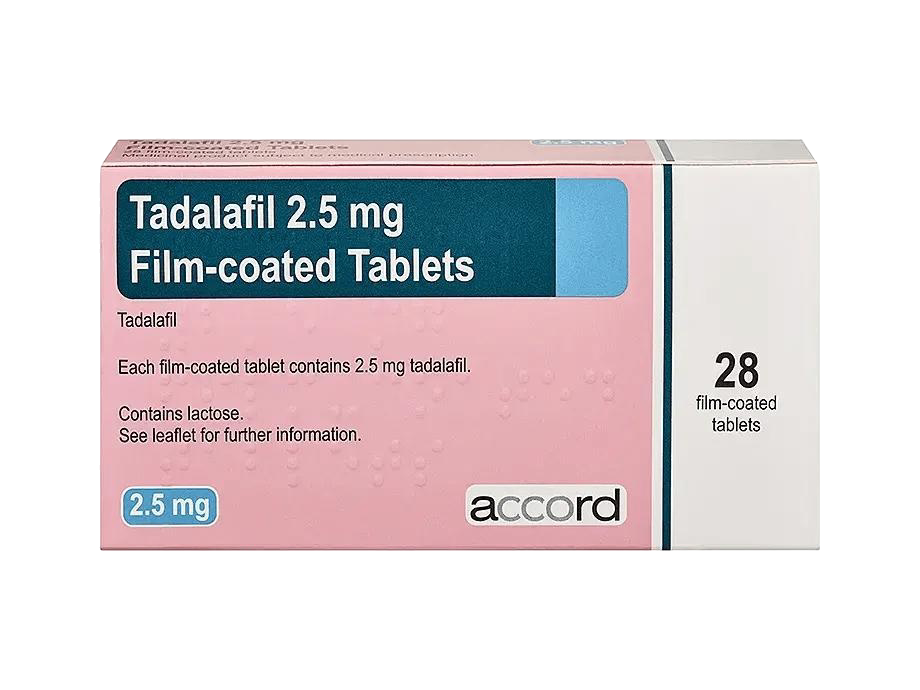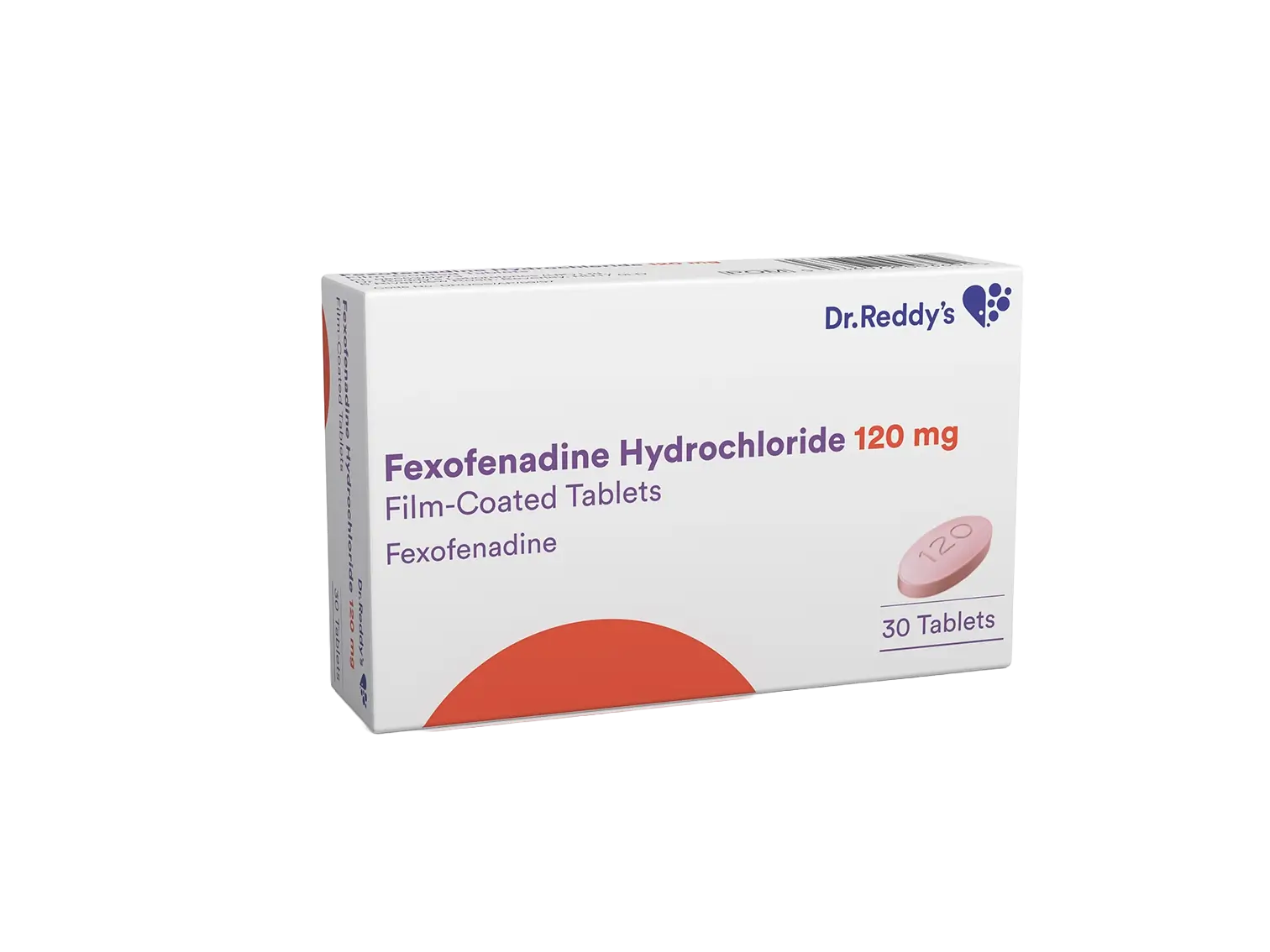Understanding Erectile Dysfunction: Causes, Treatments & When to Get Help
By Irfan Mahmud, Pharmacist & Independent Prescriber
The effects of erectile dysfunction (ED) go way beyond the bedroom. They can affect your confidence, your self-esteem, and change the way you see yourself as a person.
Despite the wide-ranging impact of ED on men, it’s not something we like talking about. That’s understandable, because it can be an embarrassing and even shameful condition, even though it’s much more common than you might think.
But what actually causes erectile dysfunction? Are there safe and effective treatments available? And when is the right time to get help?
Let's take a look.
What Causes Erectile Dysfunction?
The first thing to know about erectile dysfunction is that it’s a symptom, not a disease. That means ED is not a condition in itself - it is simply the result of a wide range of physical and psychological factors. Some of these causes are temporary and easily fixed. These include:
- Being stressed
- Drinking excessive alcohol
- Taking certain drugs
- Taking certain types of medication
- Being overly tired.
In these cases, your erectile function should return to normal once you fix the underlying (temporary) issue.
However, ED may also be caused by deeper-rooted psychological issues. These may be more difficult to overcome in the short-term. They can include:
- Anxiety
- Depression
- Prolonged stress
- Relationship problems
- Performance anxiety (where sex can lead to extra stress and therefore erectile dysfunction).
The causes of ED can also be physical. It can be triggered by:
- Cardiovascular disease
- Type 1 and 2 diabetes
- Obesity
- High blood pressure
- High cholesterol.
Where things start to get complicated is when it’s not clear whether ED is a symptom of these conditions or not. For example, you may have high blood pressure, but it may not actually be causing your erectile dysfunction. Similarly, you may be suffering with depression, but it may not be the root cause of your ED.
That’s why it can be difficult to know if and when you need to get help with ED.
When to Get Help for ED
Erectile dysfunction is defined by NICE as the ‘persistent inability to attain and maintain an erection sufficient to permit satisfactory sexual performance.’
The key word here is persistent. Most men will struggle to get or keep an erection at some point in their lives. It’s completely normal. But if it starts to happen consistently, it may point to an underlying issue. If that’s the case, your first step should be to investigate the triggers of ED.
For example, it may be something that only happens with new sexual partners. Maybe you only get ED after drinking excessive alcohol. For other people, it may simply happen because you’re going through a particularly tiring or stressful period in your life, and ED is a symptom of that.
Try fixing all of these possible triggers one-by-one to see if they have any impact. If you still experience ED after identifying all of the triggers, it may signal a deeper physical or psychological condition.
This isn’t easily fixed, and any efforts you do make (such as quitting smoking, following a balanced diet, doing more exercise, undergoing cognitive behavioural therapy (CBT), sex therapy or couples counselling) may take months or even years to have any impact.
If you’re looking for a more direct solution, the two most common treatment options for ED are sildenafil and tadalafil.
Treatments for Erectile Dysfunction
Sildenafil (Viagra)
If you don’t recognise the name of this treatment, don’t worry. Sildenafil has been approved in the UK as a safe and effective treatment for erectile dysfunction since the 1990s.
You may not have seen the word ‘sildenafil’ because it’s often sold under its brand name: Viagra. But sildenafil and Viagra are identical medications - the only difference is in the name. Sildenafil is simply marketed as Viagra, and is much cheaper when bought under its off-brand name.
How sildenafil works is pretty simple. Erectile dysfunction occurs when the PDE5 enzyme starts suppressing blood flow to the penis. Sildenafil restores a healthy flow of blood to the penis, making it easier to get an erection. It takes effect in about one hour, and lasts for around four.
Tadalafil (Cialis)
Tadalafil works in the same way as sildenafil by restoring a healthy flow of blood to the penis. However, it has slightly different outcomes.
Both sildenafil and tadalafil take effect in about one hour. But whilst sildenafil lasts for around four hours, tadalafil lasts for up to 36. It should be noted that this doesn’t mean you’ll have an erection for 36 hours. It simply makes it easier to get an erection. You still need to be sexually aroused.
Tadalafil is better for those who are looking for a bit of flexibility. You might not want to take a pill every time you have sex, or maybe you’re worried about forgetting. You can also take a daily, lower-dose tadalafil pill to maintain a steady blood flow to your penis, making it easier to get an erection when you need one.
Frequently Asked Questions
Does erectile dysfunction medication have any side effects?
The most common side effect of sildenafil is a headache, which may affect more than 1 in 10 people. Other possible side effects, which may affect up to 1 in 10 people, include nausea, indigestion, hot flushes and dizziness.
The most common side effects of tadalafil, which may affect up to 1 in 10 people, include nausea, indigestion, hot flushes, headaches and dizziness.
If you’re taking sildenafil or tadalafil for erectile dysfunction then you’re less likely to experience any side effects, as you’re only taking it for a short period of time. Any side effects are normally mild and subside quickly.
Tadalafil vs sildenafil vs Viagra - what’s the difference?
The main difference between tadalafil and sildenafil is how long they last. Tadalafil lasts for around 36 hours. Sildenafil lasts for around four hours.
Sildenafil is the active ingredient found in Viagra. Both medications are identical. Viagra is more expensive than sildenafil because it is a branded product.
Summary
Erectile dysfunction can be caused by psychological factors such as stress, anxiety or depression. It can also be caused by physical factors such as diabetes, obesity, high blood pressure or high cholesterol. As it can sometimes be difficult to pinpoint the exact triggers of ED, many men turn to medication such as sildenafil or tadalafil to treat it. Both have been approved for use in the UK since the 1990s, and are considered a safe and effective long-term treatment for erectile dysfunction.
Reviewed by Irfan Mahmud, Pharmacist & Independent Prescriber (GPhC Reg. No: 2080386)
Irfan is a UK-registered pharmacist and independent prescriber with expertise in weight management, primary care, and lifestyle medicine. As the founder of Cuva Health, he is dedicated to providing safe, clinically-approved treatments and clear, trustworthy health guidance.

